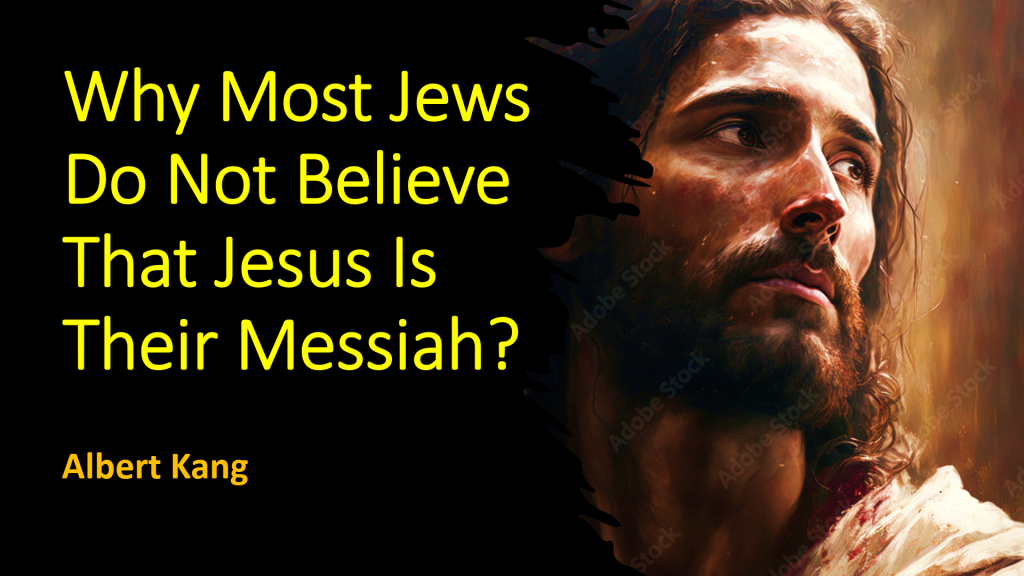
I recently spoke to a church member who was feeling very sad. He told me he wanted to stop coming to church and not worship for a whole year. He had a health problem, and he thought that God had only partly healed him, which made him lose hope. I told him that this decision would be very bad for his soul and that he would be committing spiritual suicide. I explained to him that this idea came from the devil and was meant to make him feel worse.
The devil loves to take advantage of people who feel weak and uses it to make them doubt themselves, feel discouraged, and isolated. The devil wants to separate believers from the spiritual support and hope they find in the church, which helps them get through difficult times.
Let me share with you how the devil tries to harm Christians. It’s not just when you are feeling weak, like the church member I mentioned earlier. The devil plans his attacks carefully and strikes when he thinks he has an advantage. We can learn from examples in the Bible that show us how the devil works. These examples are important lessons for all of us.

After a Profound Spiritual Experience
Following his decisive victory over the prophets of Baal, (1 Kings 18:20-40) Elijah found himself isolated and on the run from Queen Jezebel’s threats. In the wilderness, feelings of loneliness and despair overwhelmed him. Seizing this vulnerable moment, the devil tempted Elijah to doubt God’s presence and question the purpose of his mission (1 Kings 19).
Nevertheless, God, in His unfailing love, provided for Elijah in miraculous ways, sustaining him with food and reassurance of His faithfulness. This serves as a powerful reminder that even in our moments of isolation and despair, God remains steadfast, ready to comfort, restore, and remind us of His unwavering presence in our lives.

At the Onset of a New Spiritual Journey
After Paul’s encounter with Jesus on the road to Damascus, the devil tried to hinder Paul’s ministry through persecution, imprisonment, false teachers, divisions, personal afflictions, and challenges. Despite these obstacles, Paul remained faithful and resolute in his mission. He persevered through suffering, confronted false teachings, and relied on God’s strength.
Paul’s unwavering commitment allowed him to fulfill his call, spreading the Gospel and establishing numerous churches. His example teaches us to persevere in the face of opposition and trust in God’s power to overcome the devil’s attempts to hinder our spiritual endeavors. This pattern also suggests that whenever believers embark on new ventures, whether personal or ministerial, they should be prepared for potential spiritual opposition. Satan endeavors to thwart progress and hinder the spread of God’s kingdom.

Exploiting Physical and Emotional Vulnerability
When Jesus predicted His arrest and crucifixion, Peter boldly proclaimed unwavering loyalty, vowing never to deny Him. Yet, during the night of the betrayal, fear overwhelmed Peter, and he denied knowing Jesus three times when confronted. Satan exploited Peter’s emotional vulnerability, testing and momentarily weakening his faith.
This event serves as a reminder of the frailty of human nature and the cunning tactics of the enemy. Satan is keenly aware of our vulnerabilities and exploits them to his advantage. In times of physical or emotional weakness, we must remain vigilant and rely on God’s strength to resist the enemy’s allurements. However, Peter’s story also illustrates God’s redemptive power and forgiveness, as Peter later repented and became a pillar of the early church, demonstrating that even in our weaknesses, God’s grace can restore and strengthen us.

Targeting Believers in Isolation
Demas, originally a trusted companion and co-worker of Paul, ultimately disappointed him by deserting him. In Paul’s later writings, he expressed his sadness, noting that Demas had been lured away by the love of the present world (2 Timothy 4:10). When Demas departed from the fellowship and protection of the Church, he immediately succumbed to the temptations orchestrated by the devil. And that began a downward slide of being enticed by worldly desires. Demas never recovered from the fall.
This highlights the importance of community and accountability among believers. When isolated, we become susceptible to Satan’s cunning schemes. Surrounding ourselves with fellow believers who can provide support and encouragement is crucial in our spiritual warfare.

Unanticipated Sources of Attack
The Devil frequently employs unexpected sources to launch his attacks, catching believers off guard. For instance, in Matthew 16, after Jesus disclosed His forthcoming suffering and death, Peter took it upon himself to rebuke Him, insisting that such things should never happen. Jesus, recognizing the influence of the enemy, responded by saying, “Get behind me, Satan!”
This incident portrays Peter, the future leader of the Apostles, unwittingly becoming a vessel through which the devil sought to derail Jesus from His divine mission. It serves as a poignant reminder that even those who have displayed great faith can become unwitting tools in the enemy’s schemes, urging us to remain watchful and resolute in our devotion to God’s will. This scenario demonstrates that Satan can exploit the actions or words of fellow believers to hinder our spiritual journey. It serves as a reminder that we should not underestimate the enemy’s ability to use those within our own circles to discourage or lead us astray.

Persistent Attacks and the Need for Vigilance
Once Satan has targeted a believer and temporarily withdrawn, he will return to wage further assaults. After subjecting Jesus to various tests, the Devil departed but only until another opportune time (Luke 4:13).
This pattern emphasizes the necessity of constant vigilance in our spiritual lives. Even if we experience temporary victories over the Devil, we must remain alert, as he will undoubtedly return to challenge us at a later stage. Spiritual battles are ongoing, and we must be prepared to stand firm in our faith.

Remembering Our Ultimate Victory
Despite Satan’s relentless attacks and his attempts to entice believers into sin, we can take solace in our ultimate victory through Christ. God’s promise assures us of triumph. The Apostle Paul confidently declared, “The Lord will rescue me from every evil attack and save me for His heavenly kingdom” (2 Timothy 4:18).
In summary, believers need to grasp the various ways in which Satan operates. He strategically targets vulnerable moments, such as after significant spiritual experiences or at the commencement of new spiritual endeavors. Satan exploits physical and emotional weaknesses, preys on individuals when they are isolated, and often employs unexpected sources to launch attacks. Believers must remain ever watchful, drawing strength from their faith in Christ, as they navigate the spiritual battles that lie ahead.
Here is a message that will help you to overcome temptation as it comes to all of us. What are some practical ways for you to fight off temptation? Once you know the truth, it will set you free. Listen and be blessed.

























